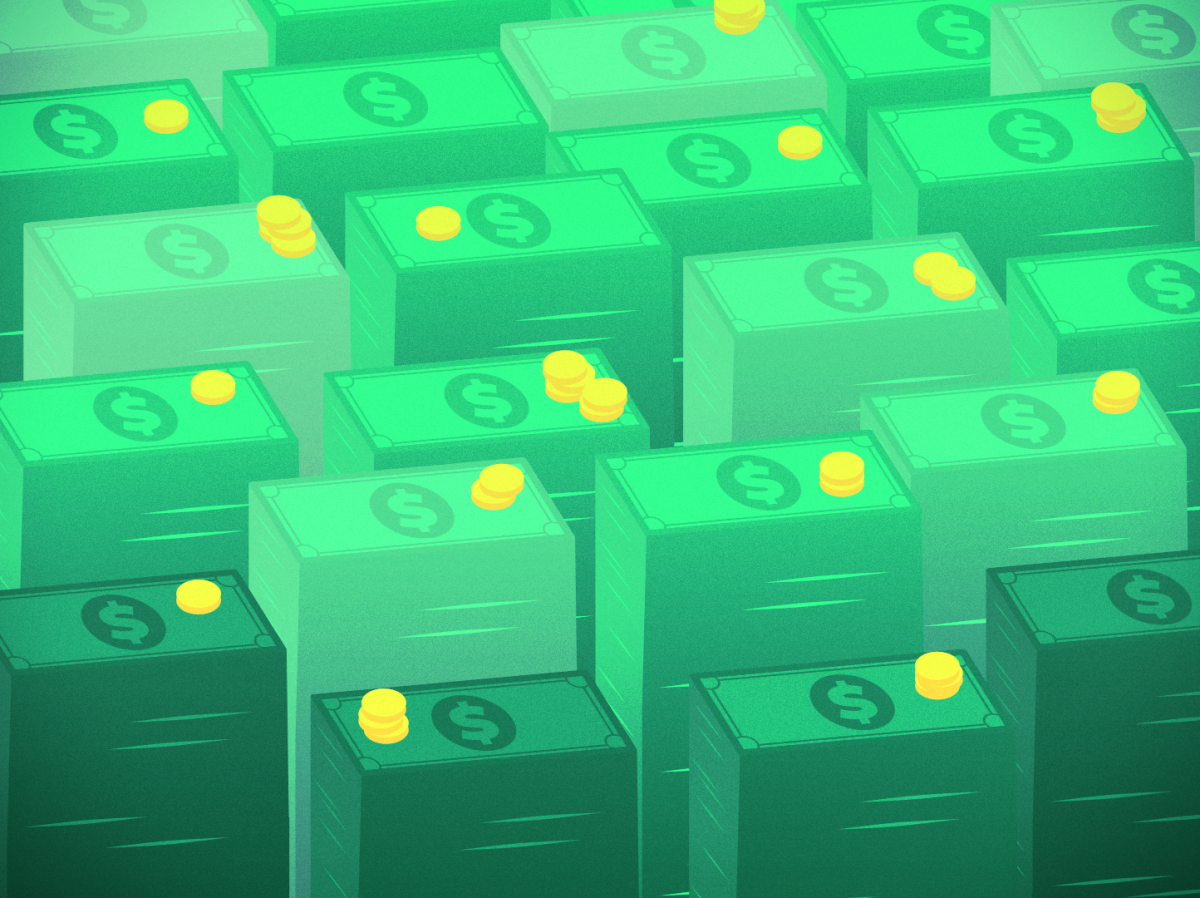In July, days after the Supreme Court struck down President Joe Biden’s student debt relief plan, UNC-Chapel Hill sent shockwaves through North Carolina’s public university circle with the announcement that the school would cover all tuition and fees for in-state students whose families make less than $80,000 a year.
The natural response from NC State students — and surely from other qualifying students at public universities across the state — is, ‘Where is our free tuition?’
Members of the UNC Board of Governors were quick to raise questions about the plan, which was not previously disclosed to the board.
A primary concern of the board was where the money will come from. There are extensive restrictions on where public money and general tuition fees can go, and dramatic structural changes usually have to go through the entire system.
Chapel Hill’s plan can move forward without the Board of Governors because it isn’t waiving tuition and fees for some students, but providing financial aid to the effect of free tuition. The school devotes 15% of its tuition revenue toward need-based financial aid, the maximum percentage the board allows.
Instead, the money will come from private gifts generated from a monumental $5 billion fundraising campaign that launched in 2017. Chapel Hill’s endeavor will cost an estimated $500,000 to $600,000 in private gifts and cover tuition and fees for approximately 150 to 200 additional students.
This announcement came in the midst of national conversations regarding the cost of college and consequences of student debt. Federal student debt relief was a significant campaign promise during Biden’s 2020 bid, and the White House has made several attempts to fulfill that promise but has faced opposition in the courts.
Forbes reports 92% of all student debts are federal student loans, and individual borrowers owe an average of $28,950.
In the 2021-22 academic year, 47% of bachelor’s completers at NC State took out federal loans, compared to 31.6% of bachelor’s completers at Chapel Hill. The average federal debt of NC State bachelor’s completers in that same year was $18,206, while bachelor’s completers at Chapel Hill assumed an average federal debt of $13,978.
After being on hold since March 2020, student debt payments are set to resume this October with no chance of another extension. Borrowers enrolled in Biden’s new Saving on a Valuable Education plan — which sets a borrower’s monthly payment proportionate to their income — who miss a payment will not be reported to credit agencies or defaulted.
Under the SAVE plan, households who make 225% above the federal poverty level will not have a monthly payment, and monthly payments will be 5% of a borrower’s discretionary income for undergraduate loans and 10% for graduate loans.
NC State students interested in the program can apply through the Department of Education website. The plan is set to go into effect next summer.








